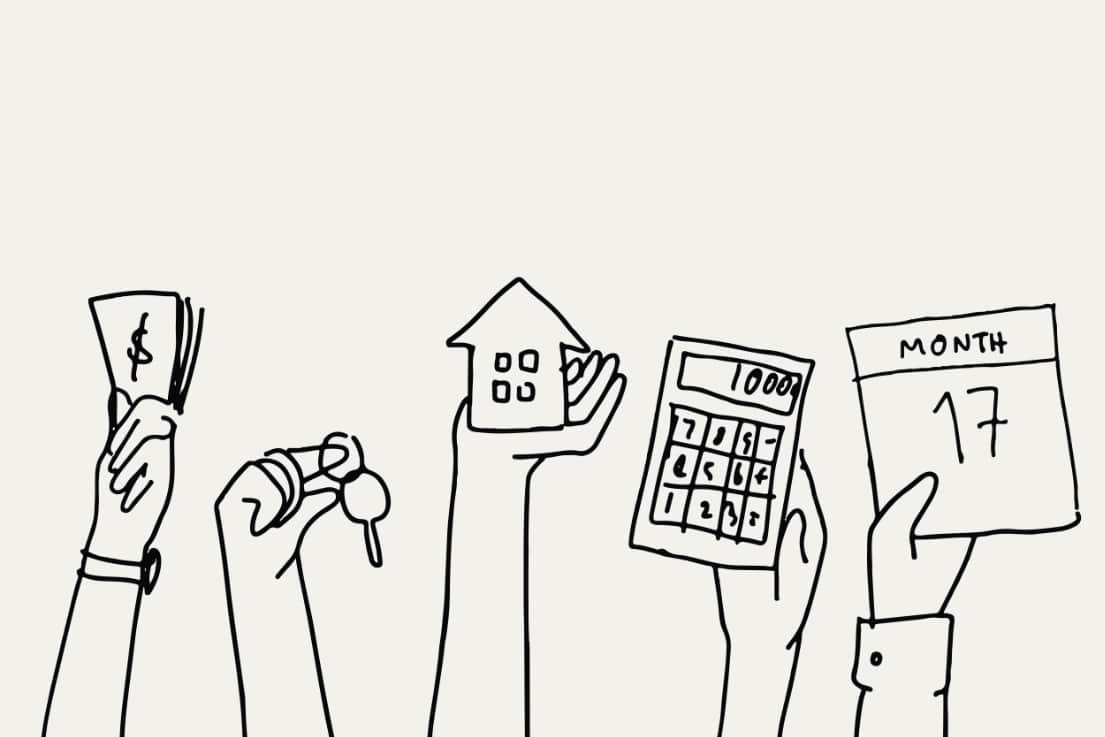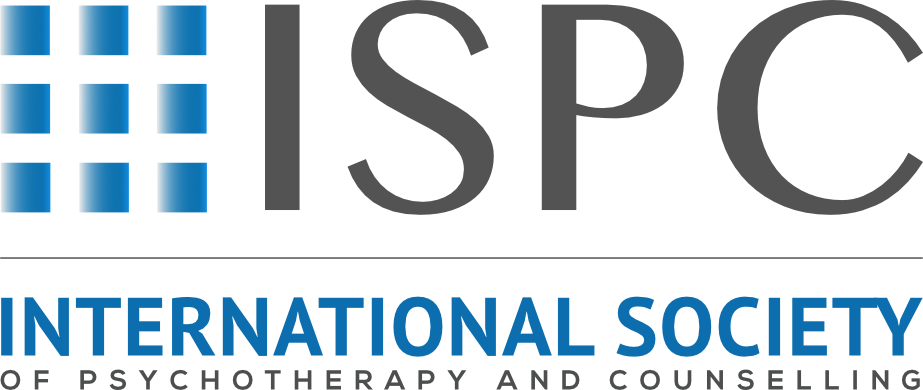The UK’s cost of living crisis, defined by escalating inflation and economic instability, has profoundly impacted mental health and the accessibility of vital support services like counselling.
Article authored by the ISPC
For many already facing mental health challenges, the crisis has intensified anxieties and financial strain, creating a vicious cycle where the very support they need becomes unaffordable.
This article explores the ongoing effects of the cost of living crisis on mental health in the UK and examines how rising expenses are influencing counselling fees and accessibility.

The Cost of Living Crisis and Its Mental Health Fallout
The cost of living crisis has been a significant and sustained issue since late 2021. While the headline inflation rate (CPI) eased to 3.8% in July 2025, down from a peak of 11.1% in October 2022, the cumulative effect of rising prices means households still face a much higher cost of living than in 2021. Certain demographics have been disproportionately affected, with low-income households hit hardest by soaring food and energy costs.
The Mental Health Foundation and other organisations have highlighted the clear link between this financial pressure and worsening mental well-being.
Intensified Worry: A 2024 poll found that almost one-third of UK adults (31%) felt anxious due to their financial situation, indicating that the mental distress caused by money worries has persisted long after the inflation peak.
Increased Mental Distress: In July 2025, 59% of adults reported their cost of living had increased in the past month, a figure that remains high despite easing inflation. A 2022/23 survey revealed that six in ten Britons (59%) felt the crisis negatively impacted their mental health, leaving them anxious, depressed, or hopeless.
Reduced Self-Care: Research from the Mental Health Foundation has shown that in response to financial strain, people are engaging less in activities that protect mental health, such as socialising, exercising, and getting good quality sleep.
The Financial Barrier to Private Counselling
In times of economic hardship, the cost of private counselling can create a significant financial barrier for those who need it most. The very individuals whose mental health is most impacted by rising living expenses—those grappling with anxiety over bills, housing costs, and job security—are often the ones who find themselves unable to afford the support they so desperately require. This forces people into a cruel paradox: enduring worsening mental distress or forgoing essential therapeutic support, potentially leading to more severe conditions down the line.
Moreover, this issue is not confined to the client alone; it affects the entire therapeutic community. Counsellors and psychotherapists are also feeling the squeeze of higher personal and professional costs, which inevitably impacts their fee structures. This creates a difficult situation where practitioners must balance their own financial sustainability with the ethical desire to provide accessible, affordable care.
This collective challenge highlights a pressing need for a more comprehensive and sustainable approach to mental health provision in the UK. Without adequate support systems, including better funding for public services and increased access to affordable or subsidised therapy, the cost of living crisis will continue to widen the gap between those who can and cannot afford to prioritise their mental well-being. It is a societal problem that requires a multifaceted solution, going beyond individual choices to address systemic issues.

Recent Counselling Fee Figures (as of late 2025)
Regional Variation: The average cost of a private therapy session in the UK varies widely, from roughly £40–£90 in most regions to £80–£150 in London, where the cost of living is higher.
Online vs. In-Person: Online counselling can be a slightly more cost-effective option, with average costs sitting around £25–£40 per session. However, many prefer the therapeutic impact of in-person sessions.
Specialist Fees: More experienced therapists and specialists (e.g., psychologists with doctorate-level training) can charge upwards of £120–£180+ per session due to their advanced qualifications.
Lower-Cost Alternatives: Charities and community organisations offer more affordable options, often ranging from £20–£50 per session, but demand for these services is extremely high.
Couples Counselling: The cost for couples counselling is typically higher, with averages ranging from £70–£90 per session.
The knock-on effect of the crisis is also felt within the therapeutic community itself. Counsellors and psychotherapists are also experiencing higher personal costs, which can inevitably influence their fees to cover business expenses and their own living costs. This further entrenches the financial barrier for potential clients.
Navigating the Challenges: What’s the Way Forward?
For many, the situation can feel hopeless. Accessing timely, affordable mental health care is becoming a luxury. However, several steps can be taken by individuals and organisations to address this pressing issue.
For Individuals:
- Explore Low-Cost Options: Don’t assume private counselling is your only option. Check with local charities, community mental health projects, and training organisations for reduced-fee sessions.
- Check Health Insurance: If you have private health insurance, review your policy. Many now offer mental health coverage, which can be accessed via a GP referral.
- Prioritise Wellbeing: Think of mental health support as an investment. Unaddressed mental distress can lead to greater long-term costs through reduced productivity, strained relationships, and physical health problems.
- Speak to Your GP: The NHS offers Talking Therapies (formerly IAPT) services, which can be accessed through self-referral or a GP referral. Waiting times can be long, but it is a free service.
- Consider Group Therapy: Group therapy offers a more affordable way to access professional support and can provide the added benefit of peer connection.

We Hold Tight Together
The connection between the cost of living crisis and mental health is undeniable and, for many, deeply personal. As prices remain high, the ability to afford counselling becomes a significant challenge. By raising awareness, promoting affordable alternatives, and advocating for systemic change, organisations like ISPC play a critical role in ensuring that mental health support remains a right, not a luxury. It’s an issue that demands a concerted, compassionate response from all corners of society, ensuring everyone has the support they need to weather the storm.
We encourage all ISPC members to consider contributing to ISPC News and sharing their unique perspectives and insights. Your contributions help build a valuable resource for the therapy and counselling community.
And lastly, we appreciate those that have already come forward with their ideas and writings, we are uploading these blogs over the next few weeks and months.
Kindest Regards
ISPC Team









